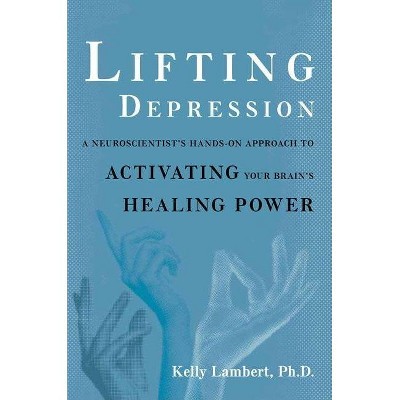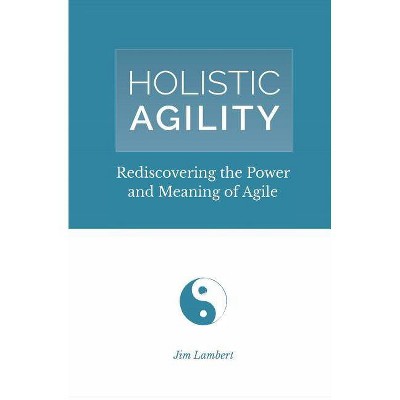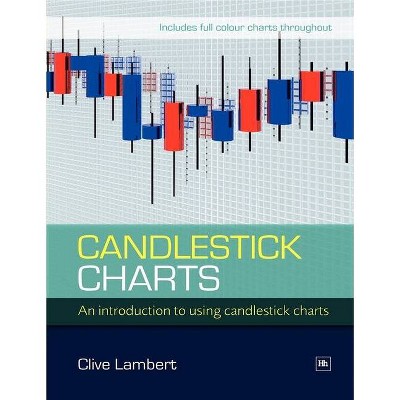Lifting Depression - by Kelly Lambert (Paperback)

Similar Products
Products of same category from the store
AllProduct info
<p/><br></br><p><b> About the Book </b></p></br></br>Compelling scientific evidence that participating in hands-on activities can actually alter the stress responses that lead to depression<p/><br></br><p><b> Book Synopsis </b></p></br></br>Today's young adults are up to ten times more likely to experience depression than their grandparents were. Could it be that in our increasingly automated world, the reduced physical effort needed to accomplish anything may somehow interfere with our level of happiness and subsequent responses to stress? Neuroscientist Kelly Lambert finds compelling evidence that having to work hard for rewards significantly improves mood and prevents depression. Beginning with her innovative research on rats-she compared trust-fund rats (whose rewards came with no effort on their part) to hard-working trained-to-succeed rodents-Lambert offers hope of treatment for people without debilitating (and often ineffective) drugs. Drawing on a wealth of information from the fields of anthropology, neuroscience, and evolutionary psychology, Lambert develops a unique theory suggesting that physical effort directed toward tangible outcomes activates particular regions of the brain and builds resilience against the emotional emptiness and negative thinking associated with depression. Whereas most therapies emphasize the importance of mental activity, Lambert reminds us of the importance of physical activity in establishing control in a fast-paced culture that is focused more on the prospect of immediate gratification than savoring the fruits of our labor.<p/><br></br><p><b> Review Quotes </b></p></br></br><br>"Midwest Book Review"<BR>"Wide-ranging and important, recommended for both health libraries and general-interest lending collections alike..."Lifting Depression" is a solid move to individual freedom."<br><br>Frank Forencich, author of "Exuberant Animal: The Power of Health, Play and Joyful Movement""<BR>""Kelly Lambert offers us a comprehensive and compelling view of health that is holistic, practical and visionary. Her work on the efforts-based rewards system not only explains much of our modern discontent, it also offers a path to vitality and exuberance. This book will not only change our views on depression, it will transform our understanding of our bodies and our predicament in the modern world."<br><br>"Library Journal"<BR>"Drawing from fields as diverse as evolutionary psychology, child development, neurobiology, and psychopharmacology, the author creates a compelling case for her theory of the effort-driven rewards circuit in the brain as the central explanatory mechanism."<br><br>Christopher R. Martell, Ph.D., ABPP, Clinical Associate Professor, Department of Psychiatry and Behavioral Sciences, and Department of Psychology, University of Washington; co-author, "Depression in Context," "Overcoming Depression One Step at a Time," and "The Myth of Depression as Disease"<BR>"In this exciting and invigorating new book, Kelly Lambert presents a compelling proposition: that our highly technological society may in fact be increasing the rates of depression. Her suggestion for coping by increasing effort-based rewards is elegantly straightforward and consistent with emerging research in major clinical trials. "Lifting Depression" will help people suffering from the crippling impact of this disorder, and it is essential reading for all who want a full understanding of the biological and social aspects of depression beyond the popular sound bites about chemical imbalances and pills."<br><br>Katherine Ellison, author of "The Mommy Brain"<BR>"Kelly Lambert's cutting-edge research on depression is innovative, original and deeply inspiring. I strongly recommend "Lifting Depression" for anyone suffering from mood and stress disorders and all who seek a better understanding of these troubling diseases."<br><p/><br></br><p><b> About the Author </b></p></br></br><b>Kelly Lambert</b> is chair of psychology at Randolph-Macon College. Her writing has appeared in <i>Nature, Scientific American, Behavioral Neuroscience</i>, and more. Her research has been featured on <i>ABC World News Tonight</i> and in <i>Scientific American Mind</i>. She is president-elect of the International Behavioral Neuroscience Society. She lives in Mechanicsville, Virginia.
Price History
Cheapest price in the interval: 21.99 on October 27, 2021
Most expensive price in the interval: 21.99 on November 8, 2021
Price Archive shows prices from various stores, lets you see history and find the cheapest. There is no actual sale on the website. For all support, inquiry and suggestion messagescommunication@pricearchive.us



















